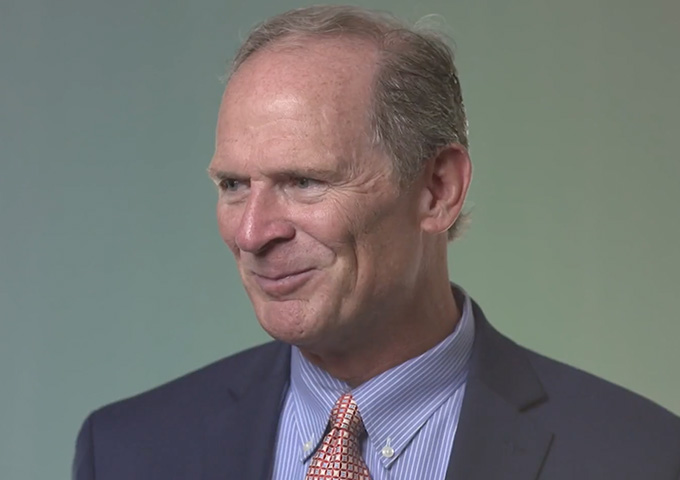America, The Land of Faith and Miracles: William Penn
Shining Moments in American History
Susie Federer, William’s wife, put this book together from his daily radio program, American Minute. She explains, “Listening to Bill over the years has inspired me to share the miraculous stories in American history where God moved. I pray that we inspire miracles in your life.” He is going to be the one on the show and he wants to focus on the following three stories from the book:
William Penn
Lord Protector Oliver Cromwell had King Charles I beheaded in 1649, during Britain's Civil War. In 1655, Lord Protector Oliver Cromwell then sent Admiral William Penn, Sr., to the Caribbean, where he captured Jamaica from the Spanish. Because they were far away from England, British inhabitants of Jamaica turned to privateers, pirates, and buccaneers for protection. This resulted in the city of Port Royal becoming known as "the Sodom of the New World," till it was destroyed in an earthquake in 1692. In 1660, Admiral William Penn, Sr., sailed to Amsterdam and helped bring King Charles II back to England to be restored to the throne of his father. Admiral William Penn, Sr., pledged loyalty to him, and the King gave Penn the title "Sir."
Charles Finney
In the early 1800s, all one had to do to become a lawyer was to study founding documents and law books, such as Blackstone's Commentaries, an apprentice with an attorney, and sit before a bar exam. Blackstone’s Commentaries also influenced a young attorney, 29-year-old Charles Finney. He saw so many references to Bible verses in it that he bought a Bible and began reading it. On October 10, 1821, Charles Finney decided to head into the woods near his home and pray to the God of the Bible, saying: “I will give my heart to God, or I never will come down from here.” After several hours, he returned to his office, dramatically touched.
Finney's revival preaching paved the way for evangelists Dwight L. Moody, Billy Sunday, and Billy Graham. Finney’s preaching also led to the formation of abolitionist societies to end slavery. Back then, there was no government-run welfare programs. It was the churches and volunteer organizations that took care of the sick and poor.
Finney organized the Broadway Tabernacle in New York in 1831. Concerning the Kingdom of God, he wrote: “Every member must work or quit. No honorary members.”
This revival motivated Christians to show the love of Christ to the world through actions, such as founding hospitals, orphanages, homes for the aged, missionary societies, and caring for the poor. In fact, his sermons inspired William and Catherine Booth to found what is now known as The Salvation Army in 1865.
During Finney’s term as president of Oberlin College, 1851–1866, the school served as a station on the Underground Railroad, smuggling slaves to freedom. Under Finney’s leadership, Oberlin College granted the first college degree in the United States to a black woman, Mary Jane Patterson.
Booker T. Washington
Booker T. Washington, the founder of Tuskegee Institute, was born on a plantation in Franklin County, Virginia April 5, 1856. Teaching himself to read and write, he also had a mother that encouraged his love for learning. He worked all day and attended school after. After the Civil War ended he walked nearly 500 miles to attend college at Hampton Institute of Virginia where he graduated in 1875. He explains, “Perhaps the most valuable thing that I got out of my second year at the Hampton Institute was an understanding of the use and value of the Bible.
Later, he attended Wayland Baptist Seminary in Washington, DC. In 1881, at only 25 years old, he founded the Tuskegee Institute in Alabama with 33 students.
Bill's Faith
Bill was raised in a Christian home in St. Louis the fifth of eleven children. At 24, he began dating his future wife Susie and noticed that her mom watched The 700 Club. After accepting an invitation to attend a Christian men’s business meeting, he went forward because the other men had something that he wanted. He gave his life to Christ soon after. Once married and living in Texas, Bill was drawn into politics during Pat’s presidential run. A former youth pastor, Bill stayed interested in politics and was asked to run against Gephardt, which turned into one of the closest races in the nation.





